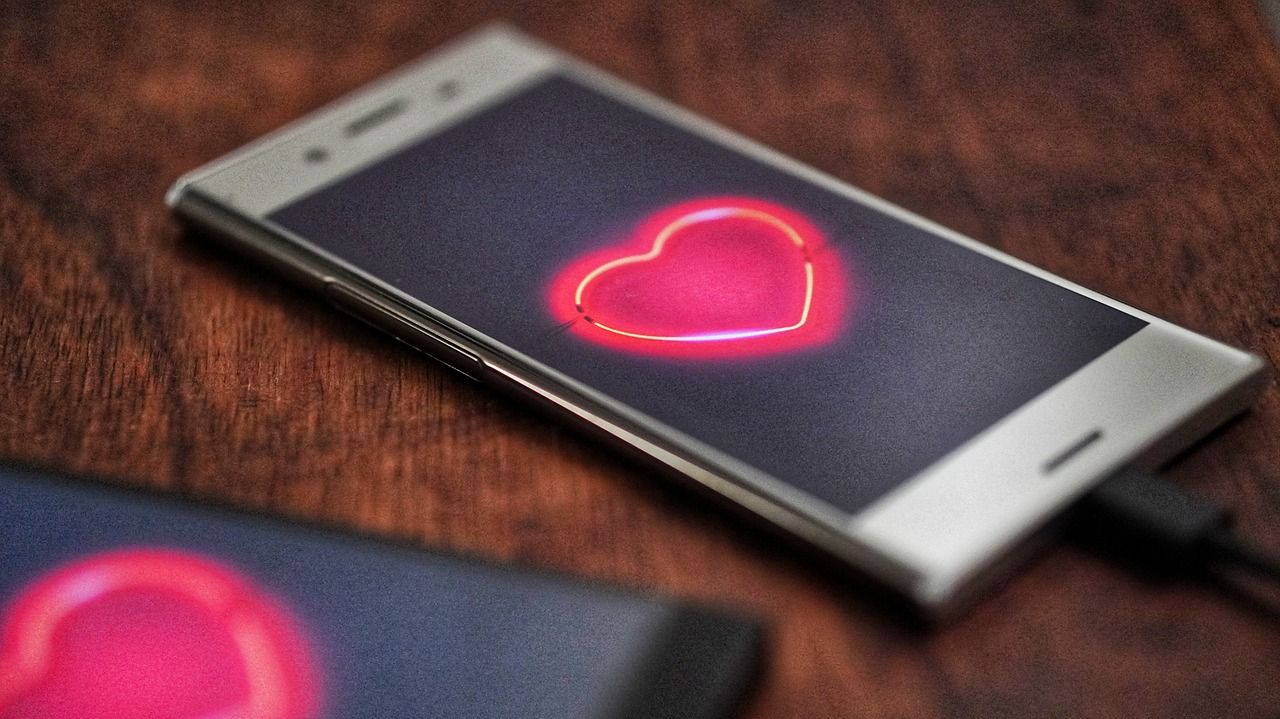She says it can happen to anyone at any time
Last updated 13th Feb 2025
We’re being warned to stay vigilant this Valentine’s Day, following new data from banks showing that nearly £8 million was handed to romance scammers in 2024.
In February alone, nearly £800,000 was sent to scammers, including £262,000 in one transaction. The average romance scam in 2024 totalled £5,009.
Social media continues to be the most common place for these scams to start, with nearly half (46%) of cases originating on platforms including Facebook (17%) WhatsApp (11%), Snapchat (4%) and TikTok (3%), with more than £1 million handed over in person or over the phone.
Younger men were some of the most likely to fall for romance scams, with 24% of all claims coming from 19–35-year-olds, and 77% of these victims being male. However, romance scammers don’t discriminate by age – the oldest victim was 96 years old.
Lyn who is in her 60’s and from Warrington in Cheshire, has shared her story of how she fell prey to a man she met online. “Derek”, defrauded her out of over £50,000.
“It started on Facebook in a widows group and this guy I got talking to.” she said.
“Four months into the relationship there was accident where he was working and he had all these hospital bills to pay, and he asked if I could help him pay them.”
The two engaged in an online relationship in 2020 and never met in person, with Derek telling Lyn that he had recently moved from Manchester to Dubai where he owned a mineral company. To aid in the sham, the scammer had taken and edited pictures from the internet to manipulate Lyn into thinking that he, and the relationship, was genuine.
New research reveals:
- Over half (52%) of online daters say they’ve received messages that felt suspicious or scripted.
- 22% have been asked for money by someone they met online – rising to 35% among under-35s.
- 1 in 10 (11%)—equating to over 7 million singles—admit they wouldn’t feel confident spotting a scam.
- And worryingly, 44% say they would still meet someone in person despite noticing red flags.
As Lyn’s online relationship progressed, she had withdrawn over £50,000 out of her pension and transferred it to Derek as a gift.
She was also encouraged to open multiple Coinbase and Cryptocurrency accounts, in order to send more of her own money to Derek and others claiming to be business associates of the suspect. These constant requests for money eventually resulted in cashing her entire pension and transferring it to the suspect.
She believed that she was merely helping Derek with medical bills and business-related expenses, however this was all a lie, she was being taken advantage of.
In January 2021 Lyn received a knock at her door from Cheshire Police informing her she was in fact being scammed and not in a real relationship.
“You need to speak to family and friends and don’t keep any secrets” said Lyn.
“These scammers look for vulnerable people.”
Warning signs of a romance scam:
- Requests for money from someone you haven’t met in person.
- Being encouraged to keep the relationship a secret or isolate from loved ones.
- The person avoiding personal questions or giving inconsistent detail.
- Excuses for why they can’t meet in person or make video calls.
- Moving the conversation off dating sites quickly to email or messaging apps.
- Claims of being stuck in a difficult situation and needing financial help.
Top tips on how to protect yourself and others:
- Verify their identity – pictures can be edited, and fake profiles can easily be made. Use a reverse image search to check if their photos are from another website or social media platform.
- Remove emotion from financial decisions – talk to someone you trust before sending money.
- Be honest with your bank if they question a payment – they’re trying to protect you.
- Don’t be embarrassed – if something feels wrong, stop and seek advice.
First for all the latest news from across the UK every hour on Hits Radio on DAB, at hitsradio.co.uk and on the Rayo app.
Click Here For The Original Source.

